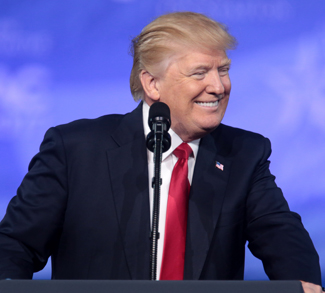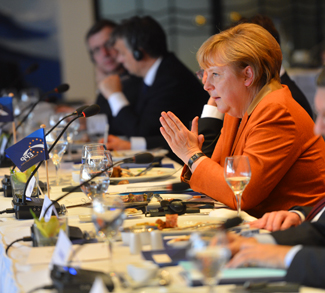Summary
Impeachment proceedings against Pervez are gaining momentum. Once he is replaced, however, the parliamentary infighting will continue as a new power structure coalesces. In the meantime, Pakistan lists as its economy implodes and lawlessness spreads in the provinces.
Analysis
Pakistan’s president, Pervez Musharraf, is facing increasing political pressure from the parliament’s two largest parties, the Pakistan People’s Party (PPP) and the Pakistan Muslim League – Nawaz (PML-N). Over the course of the previous weeks the two parties announced their intent to charge Musharraf with a litany of constitutional crimes, and recently prompted their provincial counterparts to hold votes of non-confidence. In the latest, the Punjab provincial assembly decided 321-25 in favour of ousting the president.
While such votes carry non-binding status, the concerted effect has been to strip Musharraf of legitimacy, and his public approval rating has plummeted below 30 percent. The strategy of the PML-N and PPP, therefore, is to compel Musharraf to fall on his sword rather than attempt to martial the two-thirds majority vote in the Senate and National Assembly, which is required for impeachment. The PPP and PML-N, which together hold 274 parliamentary seats, would need to recruit another 11 from independents or the Pakistan Muslim League – Quaid-e-Azam (PML-Q). The good news for Musharraf is that the PML-Q is his base of support. The bad news is that many PML-Q politicians were once PML-N party members, and could be enticed to defect again.
As little as eight months ago, impeaching Musharraf would have seemed preposterous. However, though still president, Musharraf is no longer chief of the army and the new chief, General Ashfaq Kayani, has signalled that the army will not come to his rescue. As a last resort, Musharraf could use his presidential prerogative to dissolve the parliament. However, that would unite most of Pakistan against him, and likely delay rather than reverse his fate. Thus, Musharraf must feel as though he is swaying in the wind. Rumours now swirl about Turkey, Saudi Arabia and the United States as possible exile destinations.
If Musharraf does go, it would be a major victory for PPP leader Yousuf Gilani and PML-N leader Nawaz Sharif. However, such is the state of Pakistani politics that impeaching the president might prove easier than forming an effective government: Gilani is prime-minister of a minority government that is unpopular because he refuses to reinstate the pre-Musharraf judiciary for fear it may charge him with corruption; Sharif is currently banned from sitting in the parliament and wants the old judiciary reinstated so that it might lift his ban, and the post-Musharraf PML-Q party will need to reinvent itself altogether.
Unfortunately, while the parliament and the president duel, politicians have pushed aside Pakistan’s two major crises. First, the economy is deteriorating badly: inflation is running at 25 percent, the stock market in Karachi has dropped 35 percent, and blackouts and liquid fuel shortages are being reported everywhere. Second, the Pakistan Taliban and armed Islamist groups have taken over areas of the provinces that border Afghanistan. Moreover, they are expanding their remit, imposing their harsh code on the citizens, launching attacks locally and in Afghanistan, and running a propaganda campaign designed to strip the provincial governments of legitimacy. The longer these economic and security crises fester the more difficult the government’s task will be, when it gets around to it.
Ian Speigel is a contributor to Geopoliticalmonitor.com



